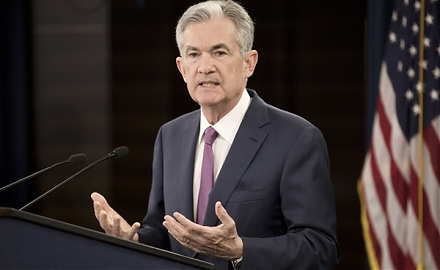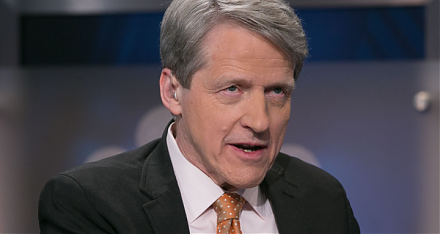

2019-02-03 13:39:00 Sun ET
technology social safety nets education infrastructure health insurance health care medical care medication vaccine social security pension deposit insurance
It can be practical for the U.S. to impose the 2% wealth tax on the rich. Democratic Senator Elizabeth Warren proposes a 2% wealth tax on the richest Americans with more than $50 million in total assets. For the even richer Americans with more than $1 billion total assets, the wealth tax should rise to 3%. This radical tax proposal may help raise almost $2.5 trillion to $3 trillion in a decade, although this proposal affects less than 0.1% of U.S. households in accordance with the fiscal estimates of Berkeley economic advisor Emmanuel Saez. On one hand, this wealth tax can help reduce economic inequality in America by closing the wealth gap between the rich and the middle class. At the same time, this wealth redistribution can promote better social mobility as the rich Americans may then find it difficult to transfer their economic advantages to the next generation via education, business ownership, and political power.
On the other hand, the wealth tax proposal can help fight tax evasion by wealthy Americans who might choose to renounce their U.S. citizenship by tunneling funds abroad. The proposal is now subject open debate and controversy as the American consensus tilts toward progressive taxation.
If any of our AYA Analytica financial health memos (FHM), blog posts, ebooks, newsletters, and notifications etc, or any other form of online content curation, involves potential copyright concerns, please feel free to contact us at service@ayafintech.network so that we can remove relevant content in response to any such request within a reasonable time frame.
2019-09-25 15:33:00 Wednesday ET

Product market competition and online e-commerce help constrain money supply growth with low inflation. Key e-commerce retailers such as Amazon, Alibaba, an
2018-10-05 10:38:00 Friday ET

A 7-year $1.3 billion hedge fund manager Chelsea Brennan shares her investment advice. Her advice encompasses several steps toward better financial literacy
2019-01-08 17:46:00 Tuesday ET

President Trump forces the Federal Reserve to normalize the current interest rate hike to signal its own monetary policy independence from the White House.
2022-04-15 10:32:00 Friday ET

Corporate investment management This review of corporate investment literature focuses on some recent empirical studies of M&A, capital investm
2018-05-25 07:30:00 Friday ET

President Trump introduces $50 billion tariffs on Chinese products and new limits on Chinese high-tech investments in America. This new round of tariffs
2018-09-17 12:40:00 Monday ET

Nobel Laureate Robert Shiller's long-term stock market indicator points to a recent peak. His cyclically-adjusted P/E ratio (or CAPE) accounts for long-